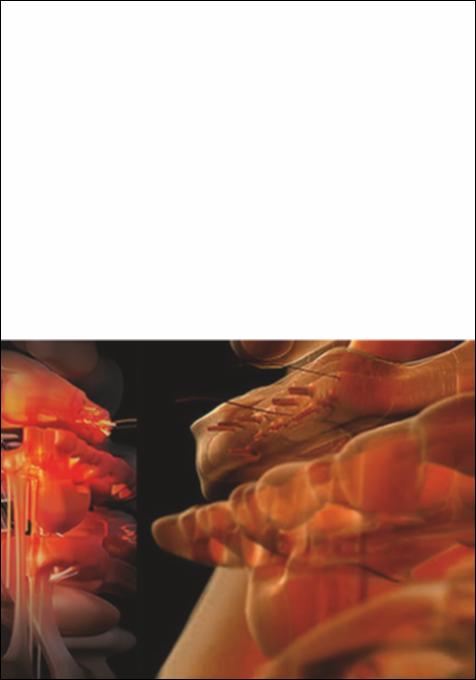Please use this identifier to cite or link to this item:
http://hdl.handle.net/10637/11968Piel: a dos caras.
| Title: | Piel: a dos caras. |
| Authors : | Blas Gutiérrez de Vega, María José de Picado Fernández, Rubén |
| Keywords: | Skin: Double Sided; Piel; Cara; Capa; Utzon; Envolvente; Skin; Face; Layer; Enveloping |
| Abstract: | Denominar ‘piel’ a una membrana con cualidades casi bidimensionales ha sido la metáfora más generalizada de la arquitectura desde el siglo XX. En los años cincuenta se concentra un giro de guión en el planteamiento ético constructivo. Utzon abrirá un camino sorprendente.
Se analizan obras de Saarinen, Le Corbusier y Fisac que juegan con la piel. Fuller, Otto y Archigram recogen el testigo epitelial desde la ligereza y lo nómada. Venturi, precursor del Posmodernismo es complaciente con la ética constructiva, justificando que la piel expresiva de la arquitectura trabaje de forma independiente y autónoma al orden interno, ¡precisamente el cuarto punto de Le Corbusier! Las Vegas es el ejemplo vivo de ello. En todos estos puntos de vista hay una preocupación común, vemos cómo la piel, sea o no estructural, cáscara o membrana, monomatérica o multicapa es el problema más vulnerable que manipula el arquitecto, por albergar la inevitable imagen de lo construido, el límite de las cosas. Naming ‘skin’ a membrane with almost bi-dimensional qualities has been the most generalized architectural metaphor since the XXth century. A shift in the script of the approach to constructive ethics takes place in the 50‘s. Utzon will uncover a surprising path. Works by Saarinen, Le Corbusier and Fisac, which play with skin, are analysed. Fuller, Otto and Archigram receive the epithelial baton through the light and nomadic. Venturi, forerunner of Posmodernism, is indulgent with constructive ethics, justifying that the expressive skin of architecture works independently and autonomously from its internal order, precisely Corbusier‘s 4th point! Las Vegas is the living example of this. In all these points of view, there is a common concern: we observe how the skin, be it structural or not, shell or membrane, of a single component or multi-layered, is the most vulnerable aspect manipulated by the architect, for it hosts, the inevitable image of what is built, the limit of things. |
| Description: | En: Constelaciones. ISSN. 2340-177X. n. 1, 2013, pp 165-177 |
| URI: | http://hdl.handle.net/10637/11968 |
| Rights : | http://creativecommons.org/licenses/by-nc-nd/4.0/deed.es |
| Issue Date: | 1-May-2013 |
| Appears in Collections: | Núm. 1 (2013) |
Items in DSpace are protected by copyright, with all rights reserved, unless otherwise indicated.


